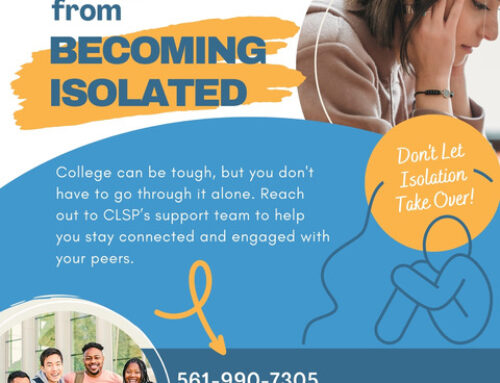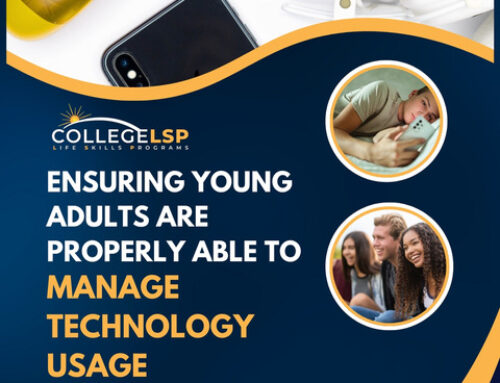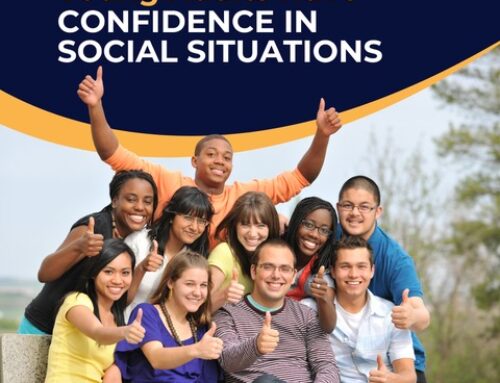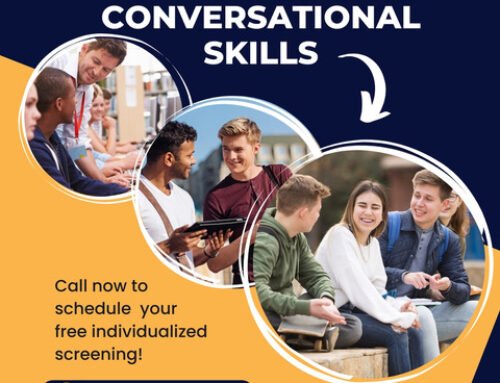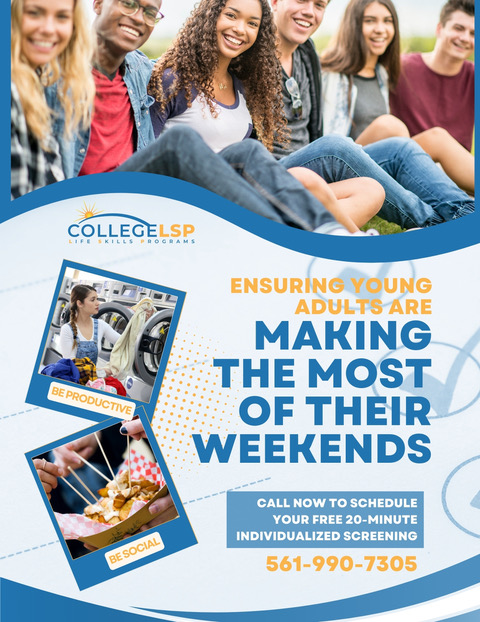 Does it really matter?
Does it really matter?
For one neurodivergent young woman, she often found herself wasting away her weekends. Whether it be by scrolling on her phone for hours on end, procrastinating on her responsibilities, or sitting alone in her dorm room, she never used that time to be productive. Instead, she used her weekends to do nothing, even when she had something important to do, causing her following week to be filled with stress and anxiety since she had not planned or completed any work. Instead, she would let her room get messy, refusing to clean up on the weekends, and never did any homework, causing her to fall behind in classes as well as chores.
Even when her friends were making plans for the weekend, she would rarely attend, causing them to stop inviting her all together. This then made the girl spend even more time alone in her dorm, and as time went on and her grades and chores began to slip because of it, her roommate decided to tell the young woman she had to make a change, or she would be moving out. In fear of losing her friend, she spoke to her parents, who reached out to the College Life Skills Program for help.
There, she met with a coach weekly so she could try and strengthen her social skills by learning and applying strategies such as incorporating a planner to schedule things to do on the weekend, both socially and productively. As she received this coaching, with a level of accountability, her ability to handle independent life flourished, preventing her from potentially dropping out because of her inability to make the most of her weekends.
Weekends while in college are typically a mix of relaxation and work. This is the time where they do not have class, so they must make the most of it. Unlike when they were younger, young adults typically have more free time during the main week, not having to be in class from 7 a.m. until the late afternoon, and they also have more responsibility. Weekends for young adults should be used to be productive. Whether it is using this time to plan out their next week, do homework and/or chores, get work done, or simply hang out with friends and/or relax alone, weekends are crucial for young adults.
Typically, this is the only time students do not have class, it is also important that they make the effort to socialize with their friends during this time. Since their schedules may conflict, often having classes at different times, homework to do, etc., your free time doesn’t always line up, so weekends are the time to do something fun. However, one study shows that “An increasing number of students – now 38.8 percent – said they spend less than five hours each week with friends, while just 18 percent said they spend more than 16 hours weekly with friends.” (Bidwell, 2015). With such a high number not socializing much, it is important young adults learn how to utilize weekends to their fullest potential. Whether it be using it to get work/chores done, socialize with friends, or simply relax, productive weekends are crucial to young adults, and The College Life Skills Program can help them learn the skills to make the most of it.
At the College Life Skills Program, our team of Doctoral and Master level professionals utilizes a series of highly individualized strategies, services, and techniques to help neurodivergent young adults who are college bound, in college, and even after college succeed in and after their transition into adult life. We help teach them life skills such as how to make the most of their weekends so they can be successful in the work world and in life as well as help them learn how to balance independent life on their own, and other executive functioning skills, social skills, and emotional maturity. If your young adult is struggling with life skills, such as making the most of their weekends on their own or the transition into college and adulthood, CollegeLSP has the tools to aid them in achieving and generalizing such skills.
Click here and call now to schedule your FREE 20-minute individualized screening.
Dr. Eric J. Nach, Ph.D., M.Ed., A.S.D.C., is a Developmental and Behavioral Specialist who specializes in Autism, ADHD and related disorders. Dr. Nach is the founder of the College Life Skills Program where he and his team of professional’s help develop the Emotional Maturity, Executive Functioning, Life Skill and Social Abilities of college students and those high school students preparing for college. The CollegeLSP is a subsidiary program of the Support For Students Growth Center, located in Boca Raton, FL and providing services nationwide
Bidwell, A. (2015, February 6). College freshmen socialize less, feel depressed more. https://www.usnews.com/news/blogs/data-mine/2015/02/06/college-freshmen-socialize-less-feel-depressed-more

